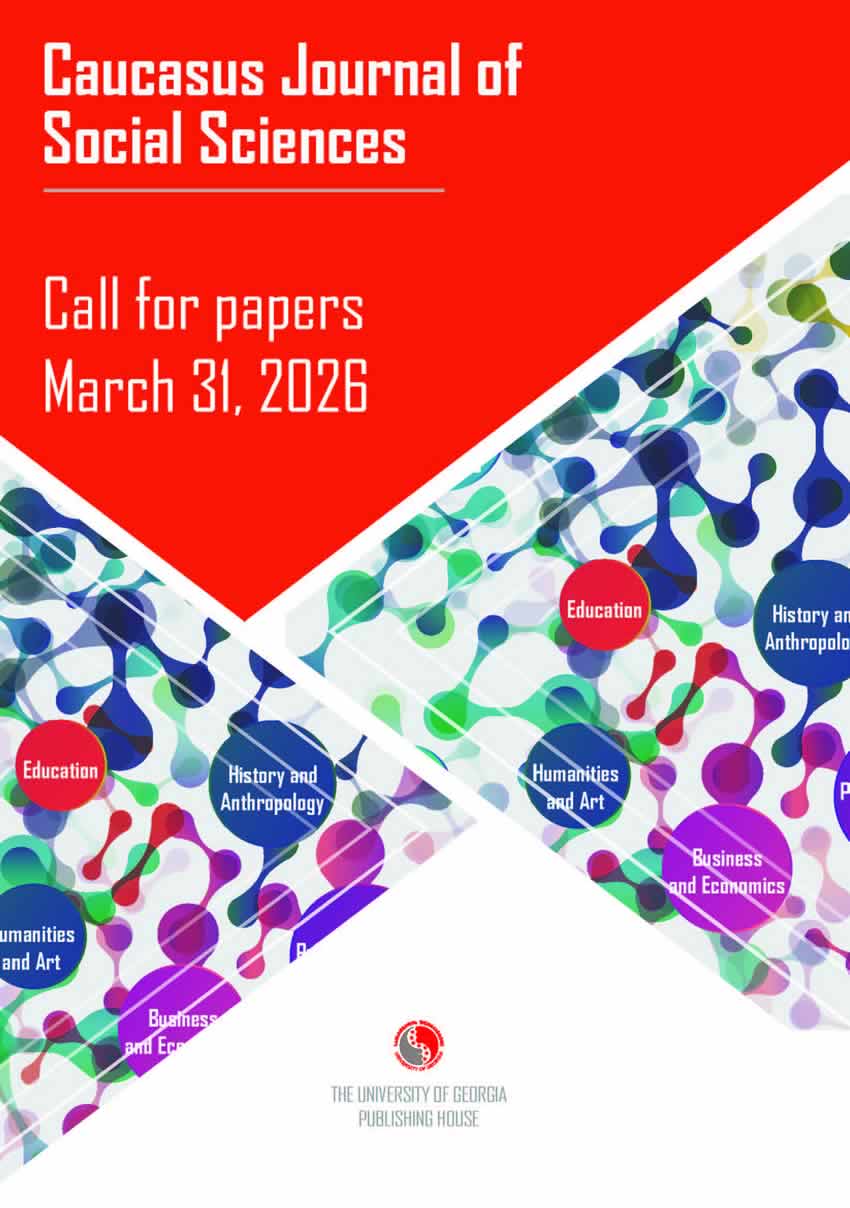Smoking Behavior Prevention in Adolescents
DOI:
https://doi.org/10.62343/cjss.2014.138Keywords:
Adolescent behavior, Smoking, Behavioral intentions, Social norms, Self-efficacyAbstract
This research paper seeks to address a major social problem among Georgian youth, tobacco use.
The tobacco epidemic is one of the most important and urgent public health challenges facing governments and civil societies around the world. The cycle of tobacco dependence typically begins with the initiation of tobacco use during adolescence. The average age of tobacco use is age before 20; people start smoking before 20 years of age. This research was based on the Unified Theory of Behavior Change. A unified theory of adolescent risk behavior was explicated that integrates five major theories of human behavior. The theory emphasizes intentions to perform behaviors, knowledge and skills necessary for behavioral performance, the salience of the behavior, environmental constraints and facilitators, habit and automatic processes, expectancies, social norms, self concept and image considerations, self efficacy and emotions and affective reactions. Data were collected from 300 adolescents from Georgian schools in Tbilisi, Georgia. Results were calculated using SPSS.
Downloads
Published
How to Cite
Issue
Section
License
Copyright (c) 2023 Leli Bibilashvili

This work is licensed under a Creative Commons Attribution 4.0 International License.
In case an article is accepted for publication it is allowed to combine the article with other research, to conduct new research on the article, or to make different arrangements on condition that the same license is used including commercial purposes.
As an author of an article published in the Caucasus Journal of Social Sciences, you retain the copyright of your article and you are free to reproduce and disseminate your work.











